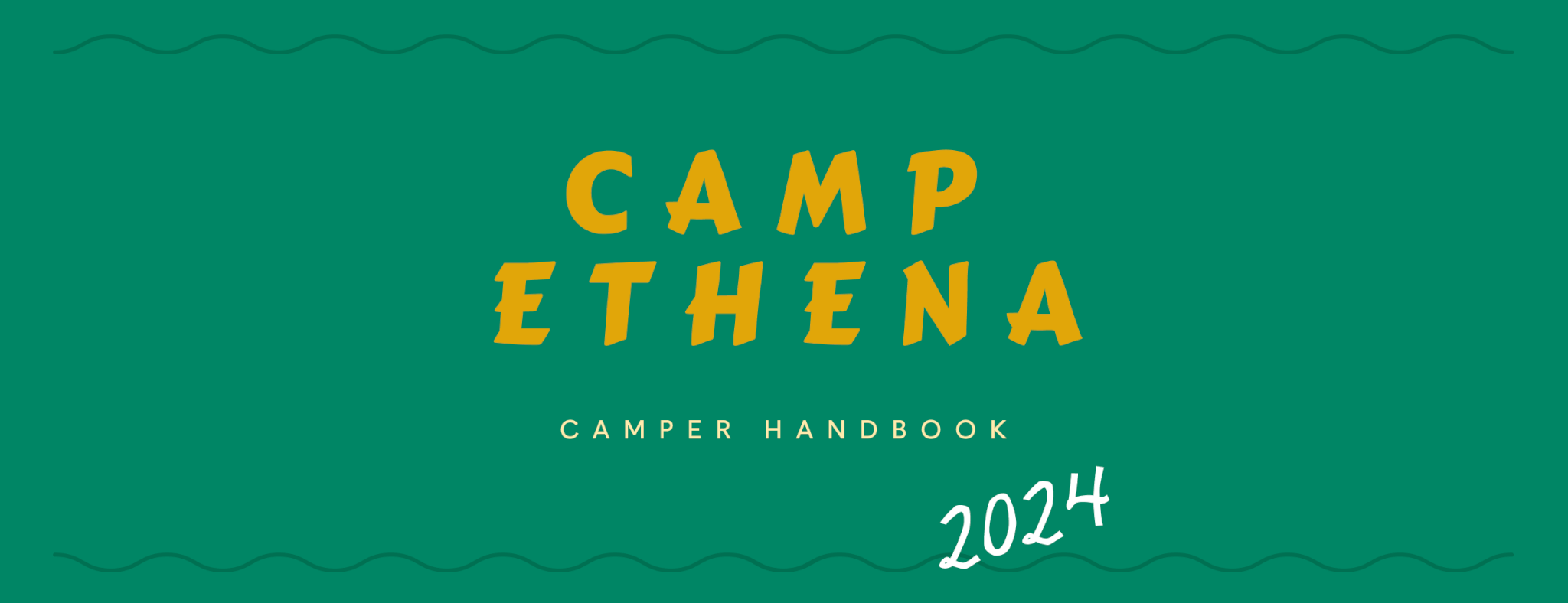Hi again,
In today’s newsletter, I wanted to share two things. First, a follow up from my first newsletter on how I addressed the Roe leak, because immediately after I sent it, the actual Supreme Court decision came out, and I learned even more about what can poorly be described as “politics at work.”
And second, I’ll provide some musings on how to prevent burnout that goes beyond vacation days.
PEOPLE & POLITICS (take a collective deep breath)
What I learned about politics at work
As a recap, when the Supreme Court decision draft leaked, I shared my experience with miscarriage and my belief that comprehensive women’s healthcare is crucial to women’s participation in the workforce (and society).
When the Dobbs decision was announced, together with our VP of People, Melanie, and our CS team, Ethena did a few things as a company.
- Supported customers: We shared manager resources with our customers. Because our mission is to help our customers build ethical and inclusive teams, we’d be remiss not to provide them with tools to do so during a time when inclusivity, ethics, and the behaviors that can threaten them are front and center.
- Empowered our managers: Melanie (VP of People) reached out to Ethena’s managers to give them tips on how to check in with their teams.
- Collected data: At our regular Monday All Hands, we asked three optional and anonymous survey questions, as a way to get a real-time pulse-check on our company culture:
- I have a clear understanding of Ethena’s approach to current events.
- Ethena’s approach to current events makes it clear we care about our team.
- What is one thing we as a team could be doing to better address current events?
My takeaway: Real-time surveys are powerful.
Providing direct opportunities for feedback is much more effective than zeroing in on several Zoom squares to try to interpret how your team is feeling. I strongly recommend trying an in-the-moment survey to gauge your team’s immediate reactions.
A theme from the free text comments was that it’s hard for employees to understand which topics leadership chooses to address. I completely understand that confusion. Here’s how I think about this (and, based on the survey results, I’m going to start making this clearer to the whole company): There’s a subtle but important distinction between what I use my personal platforms to comment on (e.g. LinkedIn) versus what our company puts out as official statements.
Can you talk about politics at work?
As a company, we don’t issue statements, primarily for two reasons: we don’t find them impactful, and it raises the inevitable question of “Why did my company talk about X and not Y?” to which we don’t have a good answer. Instead, Melanie uses noteworthy events (which, again, we try to classify as such with our team’s best interest in mind) as an opportunity to remind managers of the positions we’ve always had.
- Check in with your teams and be empathetic.
- Remind them of our Employee Assistance Program.
- Balance this with the needs of the business.
Bless people leaders because this is no easy task. Because maneuvering politics at work is no small feat, I’m always on the lookout for how folks are threading this very tricky needle. Email me with anything you’ve learned about supporting your teams.
LONGEVITY & BURNOUT
When executive burnout becomes flameout
How I wish this were a non sequitur. But, the state of the world and its impact on our workplaces has a hand in the overwhelming feeling of burnout that many folks are facing in today’s workforce. I recently came across one of those studies that made me go “whoa.” According to Deloitte, around 70% of high-level executives are seriously considering quitting their jobs, primarily because of emotional well-being concerns. I’m no stranger to burnout as a concept, especially recently, but (I’m looking to knock on wood as I type this, but, alas, I’m on an airplane) I haven’t experienced burnout like the 70% of executives in the Deloitte study. I’ve had my moments, sure, but overall, I feel energized.
My intention here isn’t to brag. Rather, I’ve been reflecting on why, even after sustaining my “intense” role, I don’t feel the main symptoms of burnout — exhaustion, detachment, and lack of accomplishment — that can so easily make their way into a challenging role (during a challenging time).
I think there are two components for how to prevent burnout:
I exercise uncompromising self care, which is ~30% of the game.
- If you email me at 10PM, I will not respond… because I am not awake. I won’t go into my entire playbook, but it includes therapy, meditation, working out (never as much as I want, but at least three times a week and walks whenever I can), sleep, eating things that are not beige with some frequency, and spending a lot of time with my family (I decline trips for this reason).
I’ve gotten incrementally better at picking roles that play to my strengths, which accounts for the other 70%.
- No amount of wellness hacks will fit a fundamental mismatch between a person and a role. For example, daily trips to the spa wouldn’t have kept me energized as a consultant. I also hit a wall in the army. In both positions, what the role required wasn’t what gave me energy. Success as a consultant, for example, meant I had to get really good at using my least favorite skill sets, like detail orientation and managing up. The things I really love were only called upon occasionally.
In a plot twist, being a founder/CEO is the perfect antidote to burnout for me, because even though the quantity of work is massive, I deeply enjoy the substance. The evidence? I’m writing this as my husband plays a video game next to me – we are both unwinding, my version just happens to dovetail with work. When we talk about burnout, we tend to talk about life hacks, wellness retreats, and hours of work (though I’ll call out that we are experimenting with Summer Fridays). We think less than we should about substance and skill sets. A job is always going to have components that you dislike, but minimizing those and offsetting them with your interests is, in my opinion, crucial to going the distance.
Landing this plane
Thanks for reading, and I welcome any thoughts you have on burnout and maneuvering a political landscape at work.
Thanks for chatting with me today,
Roxanne Petraeus CEO & Co-founder, Ethena
This article was updated for relevancy in March 2023. It was originally published in July 2022.










